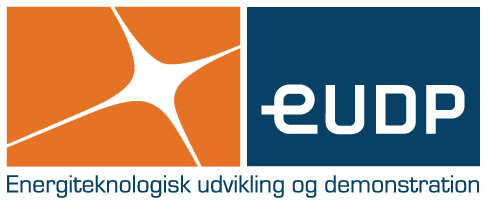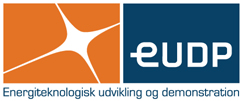Project Description
The NeGeV project aims to develop the next generation of HVAC, offering a technological quantum leap in HVAC solutions, demonstrating:
- An innovative, cost-effective and scalable solution to provide thermal comfort
- An unprecedented energy efficiency, reducing electricity consumption by 50-90% on cooling/heating compared to standard use regimens of the best available technology DX cooling with similar capacity, without any use of refrigerants
- Smart Grid integration for cost optimized operations (via aggregator)
- This will be achieved by developing
A PCM-based energy storage module (climate module) with novel heat exchange design and integrated booster function
- Advanced integrated controls using complex algorithms to forecast and optimize operation, based on a wide range of data on building latency, outdoor temperature, use patterns etc., making it possible to use building latency, free cooling and the PCM module in combination to optimize energy efficiency and reduce PCM-capacity needs.
Climate module development will be based on initial mathematical modelling of the energy flow in the building and HVAC-system, to be used for selection of PCM materials, encapsulation and the sizing and design of the climate module, aided by accurate prediction of the thermal behavior and performance of the phase change material. This work is the key technical contribution from CFEI and will be used to establish a solid base for subsequent simulations, as well as a basis for controller setup.
Specifically, for CFEI this modeling task will include development of a model, with use case building model and calculation of load profiles, and HVAC model development. The model, simulation and results are evaluated, and the task delivers a model and results for fixing design parameters, delivery of model for control development and test with: Models for calculation of detailed load profiles for use, geography and building typologies; parameters for controlling and capacity; model for performance evaluation, and reporting on design and performance prediction.
Thermal and mechanical design of the PCM module heat exchanger will be analyzed in virtual simulations, making it possible to test the efficiency of different systems designs and the performance of different PCMs under realistic use regimens. Data from the simulations will be used in developing algorithms for the climate module and AHU controller.
Development of advanced algorithms and integrated control systems will be based on the latest research in building energy systems and Smart Grid integration. A HVAC prototype integrating the developed components and technology will be developed, and tested in situ to validate and document performance.
The NeGeV project will provide HVAC-customers with an extremely energyefficient HVAC system and the possibility of earnings from demand response events through Smart Grid integration.
Project Summary
| Project period | April 1. 2018 to March 31. 2021 |
| Total budget | 15.012.344 DKK |
| Funding agency | EUDP |
| Organization managing the project | SDU Center for Energy Informatics |
| SDU project manager | Christian Veje |
| Additional partners | - Exhausto - Danish Technological Institute - Lodam (Blizer Group) - Rubitherm |



